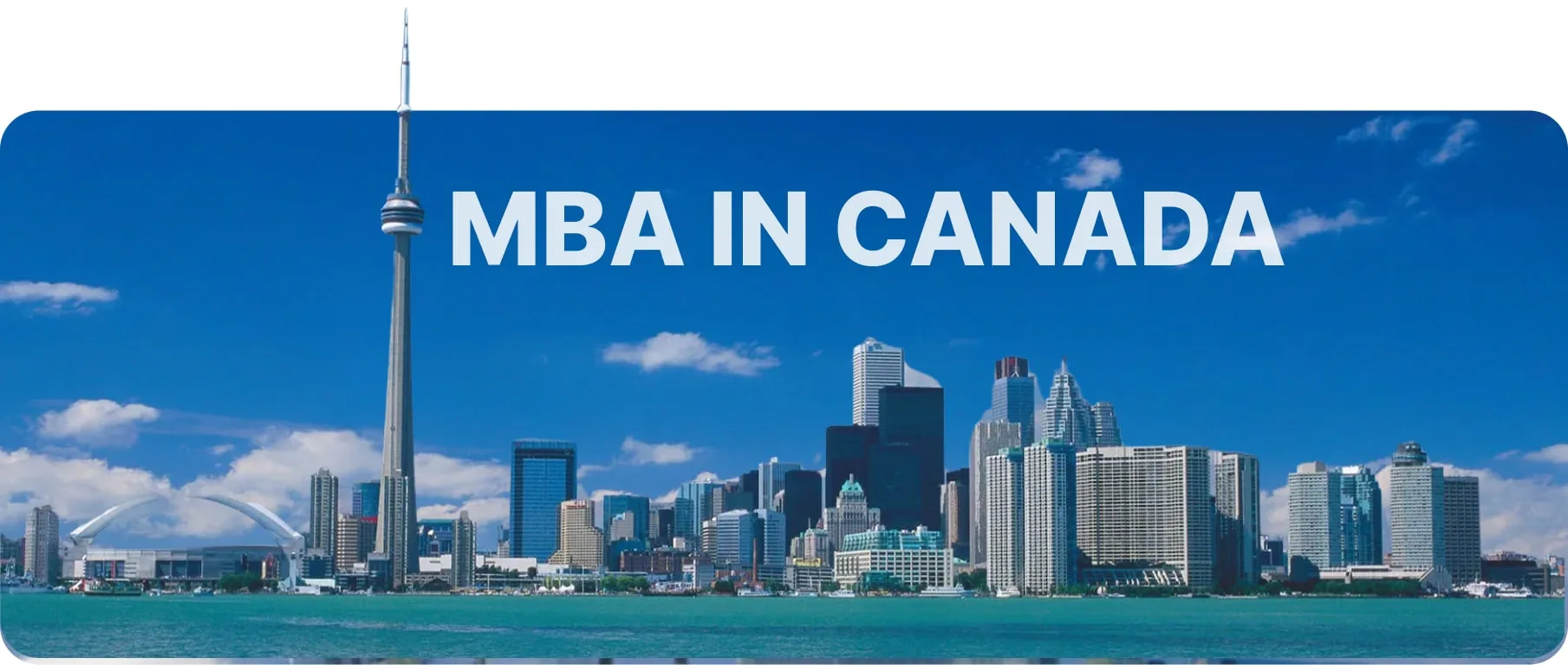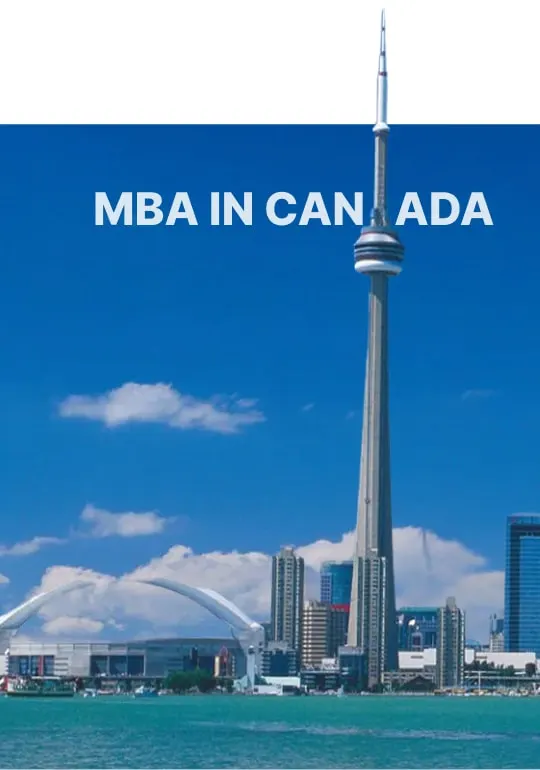Student life in Canada is diverse, with a strong emphasis on academics, personal growth, and social activities. Universities offer robust support networks to help international students settle into both their academic and social environments, ensuring a smooth transition to studying in Canada.
Work-Study Balance
International students can work up to 20 hours per week during academic sessions and full-time during scheduled breaks. Many MBA students take up part-time jobs or internships to gain industry exposure and manage living expenses while studying in Canada.
Accommodation Options
Students can choose from on-campus residences, homestays, or off-campus apartments. While first-year students often opt for university housing for convenience, many graduate students prefer private rentals for more independence and space.
Cultural and Social Exposure
Canada’s multicultural society enables students to experience a wide range of cultural traditions, food, and languages. Universities actively support diversity through cultural events, student clubs, and inclusion programs, enriching life outside the classroom.
Student Blogs & Vlogs
International MBA students frequently share real-life experiences through blogs, YouTube channels, and social media. These platforms offer authentic insights into campus life, academic workloads, budgeting, and settling in—making studying in Canada more approachable.











